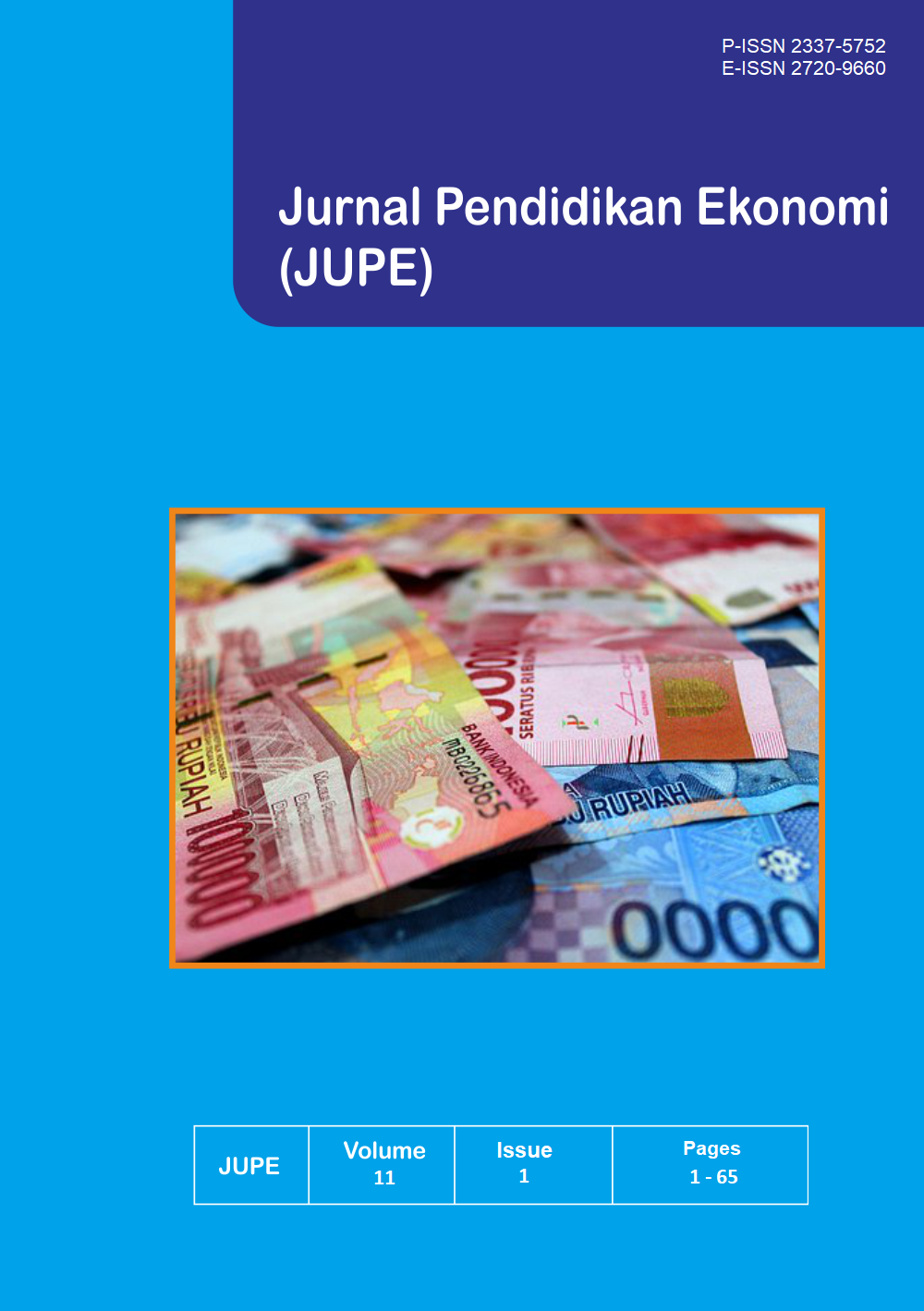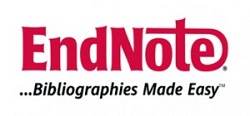Pengaruh TPACK Terhadap Kesiapan Menjadi Guru Profesional Pada Mahasiswa Pendidikan Ekonomi Di Jawa Tengah
DOI:
https://doi.org/10.26740/jupe.v11n1.p26-38Keywords:
Technological Pedagogical and Content Knowledge, TPACK, Readiness Become Teacher, Prospective Teacher, Economic EducationAbstract
The world of education is required to always adapt to the current development, especially in terms of technology. Prospective teachers as one of the important elements in education are expected to be able to have three knowledge, namely pedagogy, content, technology, and combinations of the three which is commonly called Technological Pedagogical and Content Knowledge (TPACK) to be ready to become professional teachers in the 21st century. This research aimed to examine the influence of TPACK on readiness to become a professional teacher. The research method used is descriptive quantitative with a proportional random sampling technique. The data collection technique used a self-report questionnaire instrument that has been tested for validity and reliability. The analysis technique used quantitative descriptive analysis with a simple linear regression test. The results of this study indicate that there is a positive and significant effect between partial TPACK ability on readiness to become a professional teacher. The TPACK component that has the biggest influence on readiness to become a professional teacher is PCK with an effect of 80%, followed by TPK 74.5%, TPCK 68.5%, PK 67.4%, TCK 66.4%, CK 65.5% , and the smallest is TK with an effect of 60.3%.
Downloads
Downloads
Published
How to Cite
Issue
Section
License
Copyright
- Authors retain copyright and grant the journal right of first publication with the work simultaneously licensed under a Creative Commons Attribution License that allows others to share the work with an acknowledgment of the work's authorship and initial publication in this journal.
 Abstract views: 1090
,
Abstract views: 1090
, PDF Downloads: 1577
PDF Downloads: 1577











